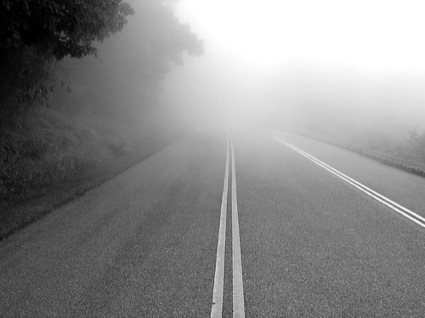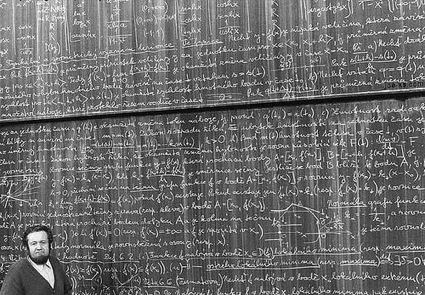Merton’s brilliant section of loving “society”:
Do not ask me to love my brother merely in the name of an abstraction – “society,” the “human race,” the “common good.” Do not tell me that I ought to love him because we are both “social animals.” These things are so much less than the good that is in us that they are not worthy to be invoked as motives of human love. You might as well ask me to love my mother because she speaks English.
We need abstractions, perhaps, in order to understand our relations with one another. But I may understand the principles of ethics and still hate other men. If I do not love other men, I will never discover the meaning of te “common good.” Love is, itself, the common good.
There are plenty of men who will give up their interests for the sake of “society,” but cannot stand any of the people they live with. As long as we regard other men as obstacles to our own happiness we are the enemies of society and we have only a very small capacity for sharing in the common good.
-Thomas Merton, No Man is an Island, (forgot the ref.)


